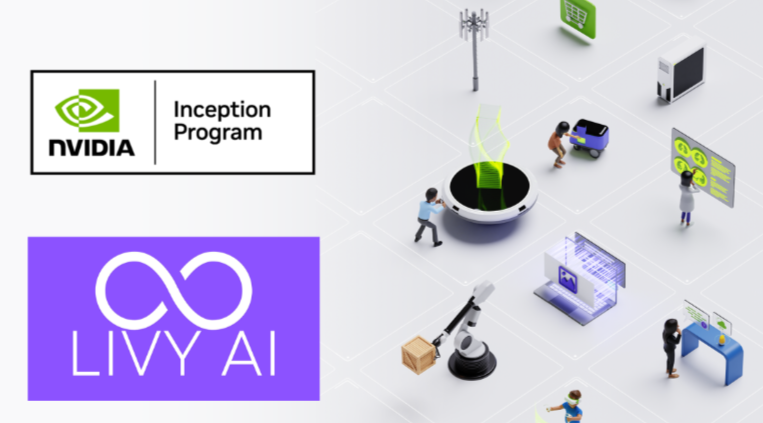
Introduction
The world of creative writing has always been a realm of human expression, capturing emotions, experiences, and imaginations in words. But as we stand on the cusp of a technological revolution, artificial intelligence (AI) is making its mark on this age-old art form. So, what does the future hold for creative writing in the age of AI?
Key Takeaways:
- AI is emerging as a valuable tool for creative writers, offering prompts, structure, and narrative suggestions.
- The future of creative writing with AI is collaborative, with AI enhancing human creativity rather than replacing it.
- While AI can boost productivity and tailor content to audiences, ethical considerations, like plagiarism, remain.
- The essence of storytelling is inherently human, with AI serving as a tool to enrich the creative process.
AI: The New Muse for Writers
Gone are the days when writers solely relied on muses or waited for inspiration to strike. Today, AI tools, like Livy.AI, can suggest ideas, help overcome writer's block, or even craft entire narratives. These tools analyze vast amounts of data, learn from the best literary works, and offer suggestions that can enhance a writer's output.
Collaboration, Not Replacement
While some fear that AI might replace human writers, the reality is more nuanced. AI is best seen as a collaborative tool. It can provide writers with prompts, help with structuring plots, or even suggest character developments. However, the emotional depth, personal experiences, and unique perspectives that human writers bring to the table remain irreplaceable.
Enhancing Productivity and Creativity
AI can handle repetitive tasks, like grammar checks, allowing writers to focus on the creative aspects of their work. Moreover, with AI's ability to analyze and predict reader preferences, writers can tailor their content to resonate better with their audience, making their work more impactful.
Challenges and Ethical Considerations
While the potential of AI in creative writing is vast, it's not without challenges. There's a fine line between using AI as a tool and over-relying on it, which might lead to homogenized content. Additionally, issues like plagiarism, especially when AI generates content based on existing works, need careful consideration.
Conclusion
The fusion of AI and creative writing is an exciting frontier. While AI offers tools that can enhance the writing process, the heart and soul of storytelling remain human. Embracing AI in creative writing means harnessing its potential to complement human creativity, leading to richer, more diverse narratives in the future.
For those interested in diving deeper into the world of AI and its applications in various fields, Livy.AI offers a comprehensive look into the ever-evolving landscape of artificial intelligence.

